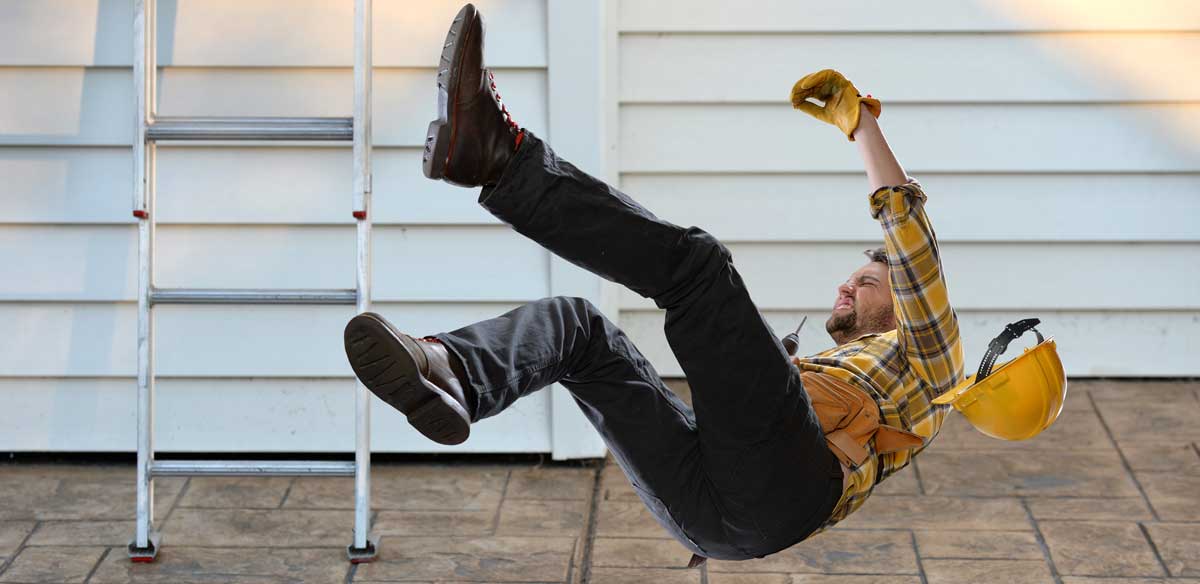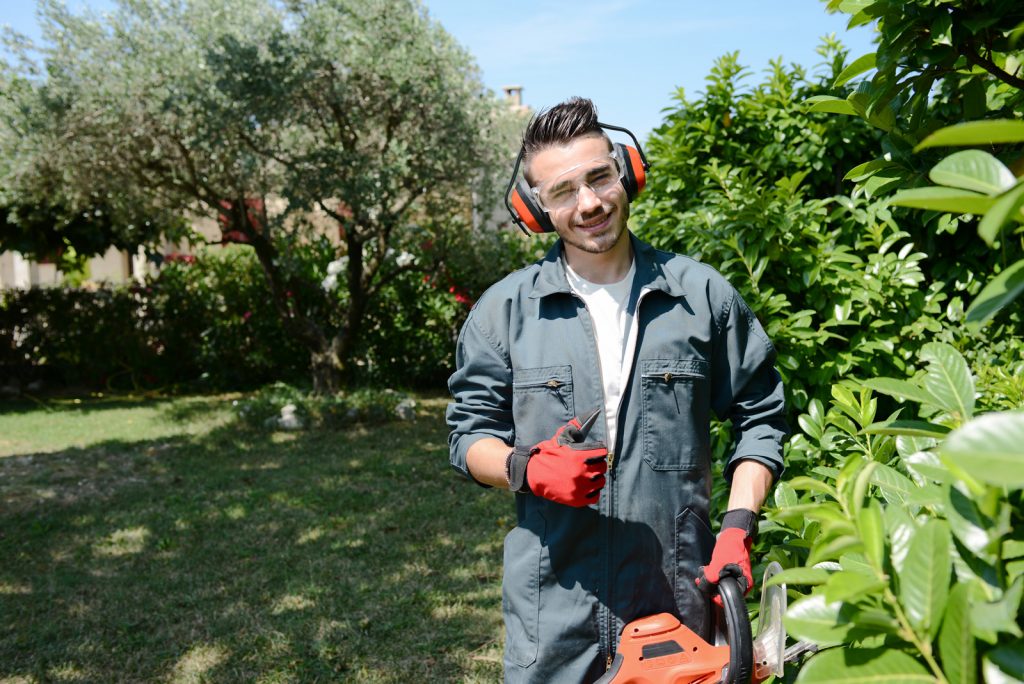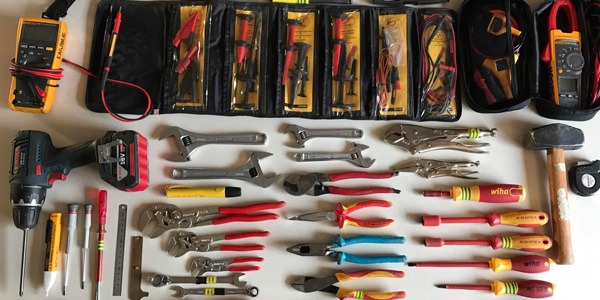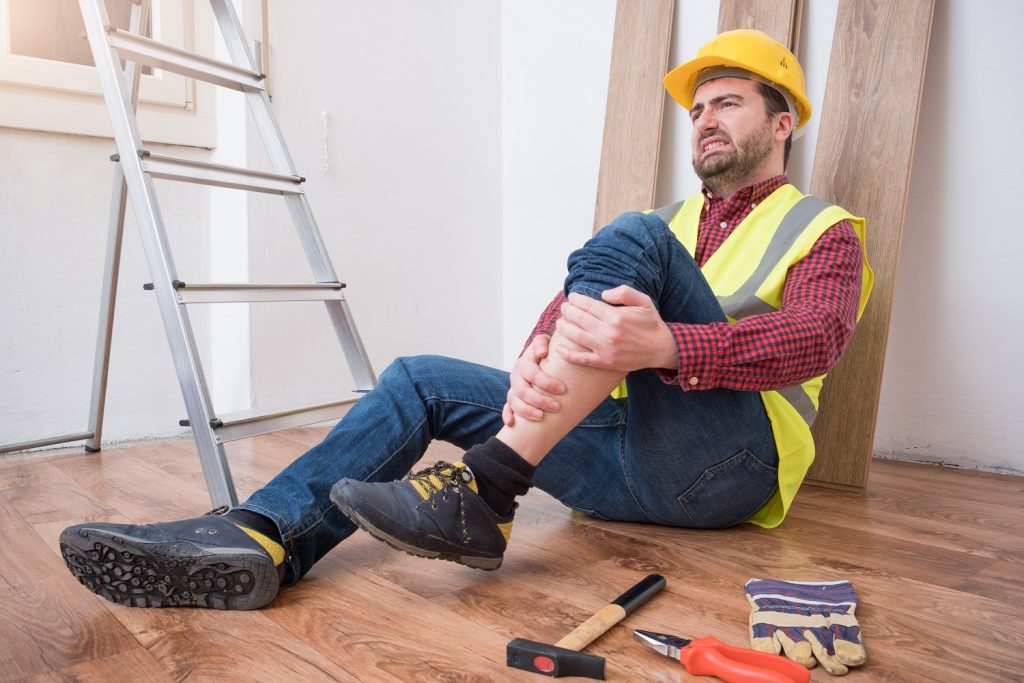Being a tradesman is a dangerous job. Not only are you likely to get injured on the job, but you may also be exposed to toxic chemicals and other harsh chemicals that can cause serious health problems down the road if not properly handled. However, with some common sense, you can avoid many of these injuries:
Workplace injuries are common, but they’re not inevitable.
Workplace injuries are common, but they’re not inevitable. The good news is that you can take steps to avoid them.
Common workplace injuries include:
- Carpal tunnel syndrome, which results from repetitive hand movements and is caused by pressure on the median nerve that runs through the wrist.
- Compression fractures of vertebrae in your lower back, which occur when you lift heavy objects without adequate preparation or support for your body weight.
- Slip-and-fall accidents, which result in sprains and strains to ligaments in your knees and ankles as well as other soft tissue injuries when you fall on a slippery surface (e.g., wet floors).

When a workplace injury does occur, here’s what to do:
- Report it to your supervisor immediately so he/she can ensure that all necessary precautions have been taken for safety.
- Document everything about the incident (e.g., how it occurred).
- Keep track of any symptoms related to your injury (e.g., pain).
- Contact an occupational health professional if symptoms persist after two weeks or worsen over time.
- See a doctor if pain persists beyond three months or stops being manageable with medication.
- Be aware of any legal recourse available under workers’ compensation laws if such coverage applies in your case.
Stay aware of your surroundings.
- Stay aware of your surroundings. If a co-worker is talking to you and you take the time to answer them, chances are, you’re not paying attention to what’s going on around you. This can lead to accidents if a tool falls or something else happens that could injure you.
- Take breaks often. It may seem like cutting corners will get you ahead in the workplace, but taking frequent breaks is actually good for your body and mind. Taking a break from the heat or loud noises will help keep your energy levels up when working long hours without getting tired as quickly as well as give you time off from any pain or discomfort that may be causing problems with concentration while working (for example: back pain).
- Don’t rush when performing tasks that require accuracy and precision; take care of each task individually instead of rushing through all of them at once (a common mistake).
Wear the necessary PPE.
When you’re on the job, Personal Protection Equipment (PPE) is any clothing or equipment that protects you from injury. This includes gloves, hard hats, safety glasses and ear protection.

PPE should be worn at all times during work hours as per Health & Safety regulations. In fact some jobs require it! If your employer does not provide PPE for your use onsite then make sure to bring your own pair of goggles or a face mask if those would be helpful for yourself and others around you who may get debris in their eyes or nose/mouth when something happens unexpectedly (like when an accident happens). It’s also best to wear protective clothing such as overalls at all times if possible because they offer extra protection from sharp objects like staples or small tools which could easily prick through regular clothes.
It’s important to check regularly that all parts of your PPE are intact; if anything breaks such as straps falling off or cracks appearing in plastic this should be replaced immediately before going back into service – otherwise it could result in even more severe injuries down the line!
Use tools properly, and keep them well-maintained.

When using tools, you should make sure that they are the right tool for the job. This means:
- Using the right sized tool for the material you’re working with. A small-sized hammer won’t do much damage to a large piece of wood, and some materials need special drills and saws to cut into them properly.
- If you’re using power tools (such as angle grinders or sanders), make sure that they are being maintained properly so they don’t malfunction while in use. If a power tool stops working because it wasn’t maintained well enough, this could lead to an accident on site.
- Keep your hand tools sharpened! You’ll be safer if your blades stay sharper longer; this also reduces friction when cutting through materials like metal or wood which can cause heat build-up inside those parts where friction happens most often which can become very dangerous in certain situations depending on how hot those parts get before cooling down again (elevated temperatures weaken fibres within metals, causing them not just bend after repeated bending but also deform permanently).
Don’t work when you’re tired or sick.
- Don’t work when you’re tired or sick.
- Take breaks to rest, drink water, and have snacks.
- If you have a cold, consider taking some time off from work.
- If you have a fever and feel that it’s too dangerous for you to do the job because of what might happen if your hands are shaking or the body aches too much (for example, falling off a ladder), don’t go into work until the doctor says it’s okay for you to return.
Accidents happen, so know what to do if someone gets hurt.

If an accident does happen, follow these steps:
- Call the ambulance.
- Call the police.
- Contact the person’s next of kin (if you know them).
- Tell their employer or supervisor that they have been injured and where they are. If they have health insurance, get their policy information from them immediately to make sure you can access it later on if needed. Also find out who their lawyer is in case legal action is taken against either party involved in this incident (i.e., yourself). Finally, call your own health insurance company so that they can keep tabs on your claims at all times!
Tradesmen are at risk for injury in the workplace, but there are things you can do to stay safe on the job.
As a tradesman, you are at risk for injury in the workplace. To protect yourself, follow these simple rules:
- Always wear your safety gear and use tools properly.
- Stay aware of what’s going on around you so that dangerous situations can be avoided.
- Try not to work tired or hungry as this will impair your judgment and make it harder to concentrate on what needs doing.
Conclusion
It’s important to remember that workplace injuries aren’t inevitable. If you’re a tradesman, there are several ways to keep yourself safe and prevent further injury on the job. Stay aware of your surroundings, and don’t take shortcuts. Use tools properly, and keep them well-maintained. Wear the necessary PPE when needed and make sure it fits properly; if something doesn’t feel right, speak up before it’s too late!
Contact us for more info on how to avoid injuries and keep yourself insured in the workplace.
